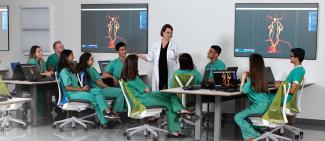Excellence in Education, Care and Research
Our team is dedicated to three missions: educating the next generation of physicians, investigating the causes and cures of disease, and providing cutting edge medical care. We have world-class research and patient care centers focusing on cancer, diabetes, aging, Alzheimer’s, substance use, and brain health including traumatic stress disorders.
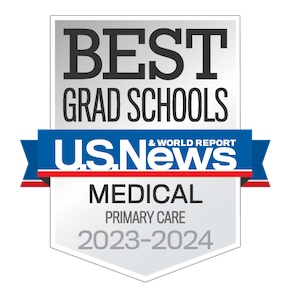
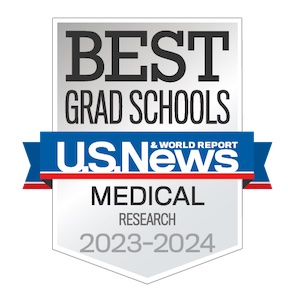
1100
providers making patients' lives better
250
laboratories discover new ways of treating disease
960
medical students are medicine's next generation
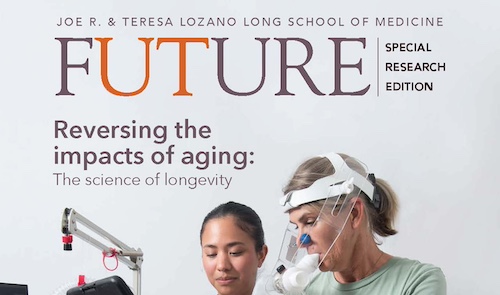
Read our latest edition of Future Magazine
UT Health San Antonio investigators, in collaboration with a strong research-focused regional economy, are bringing a range of drug, device and diagnostic discoveries through clinical trials to directly benefit patient care in South Texas and far beyond.
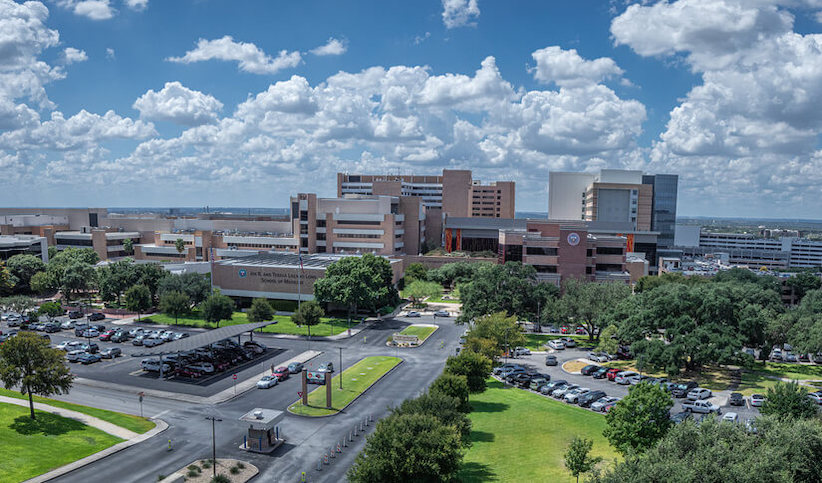
UT Health San Antonio schools ranked among best in the nation
The Joe R. and Teresa Lozano Long School of Medicine was ranked 36th in medical schools training primary care physicians and 50th in research medical schools by U.S. News & World Report’s Best Grad Schools for 2024.
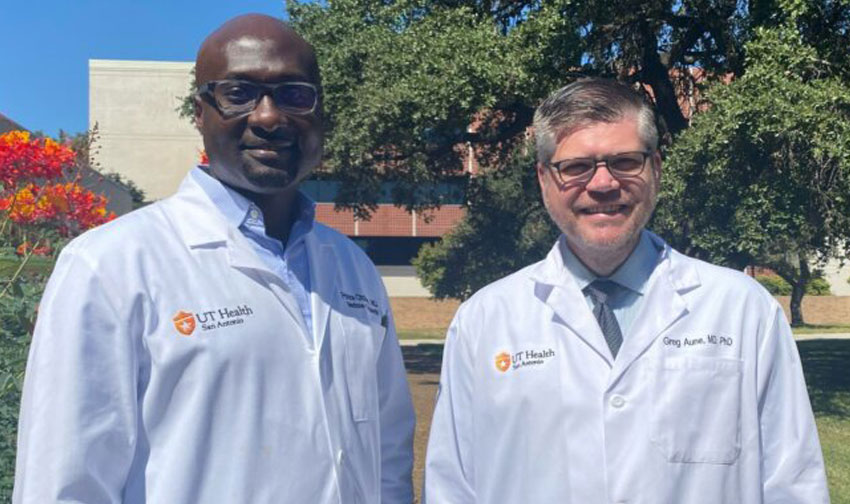
UT Health San Antonio cardio-oncology program recognized as a Center of Excellence
The cardio-oncology program at The University of Texas Health Science Center at San Antonio has been recognized by the International Cardio-Oncology Society as a Center of Excellence.
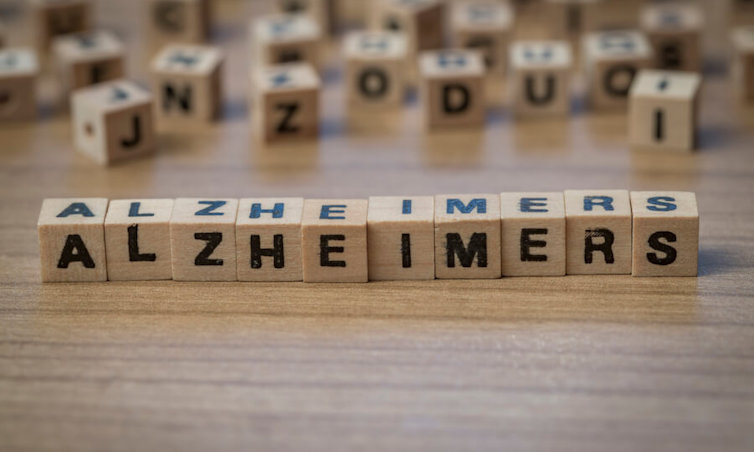
UT Health San Antonio, UT Rio Grande Valley Selected as NIA Alzheimer’s Disease Research Center
Joining this national network will promote research collaboration, encourage data sharing and open science, and offer information and clinical trials for patients and families affected by Alzheimer’s and related dementias.
